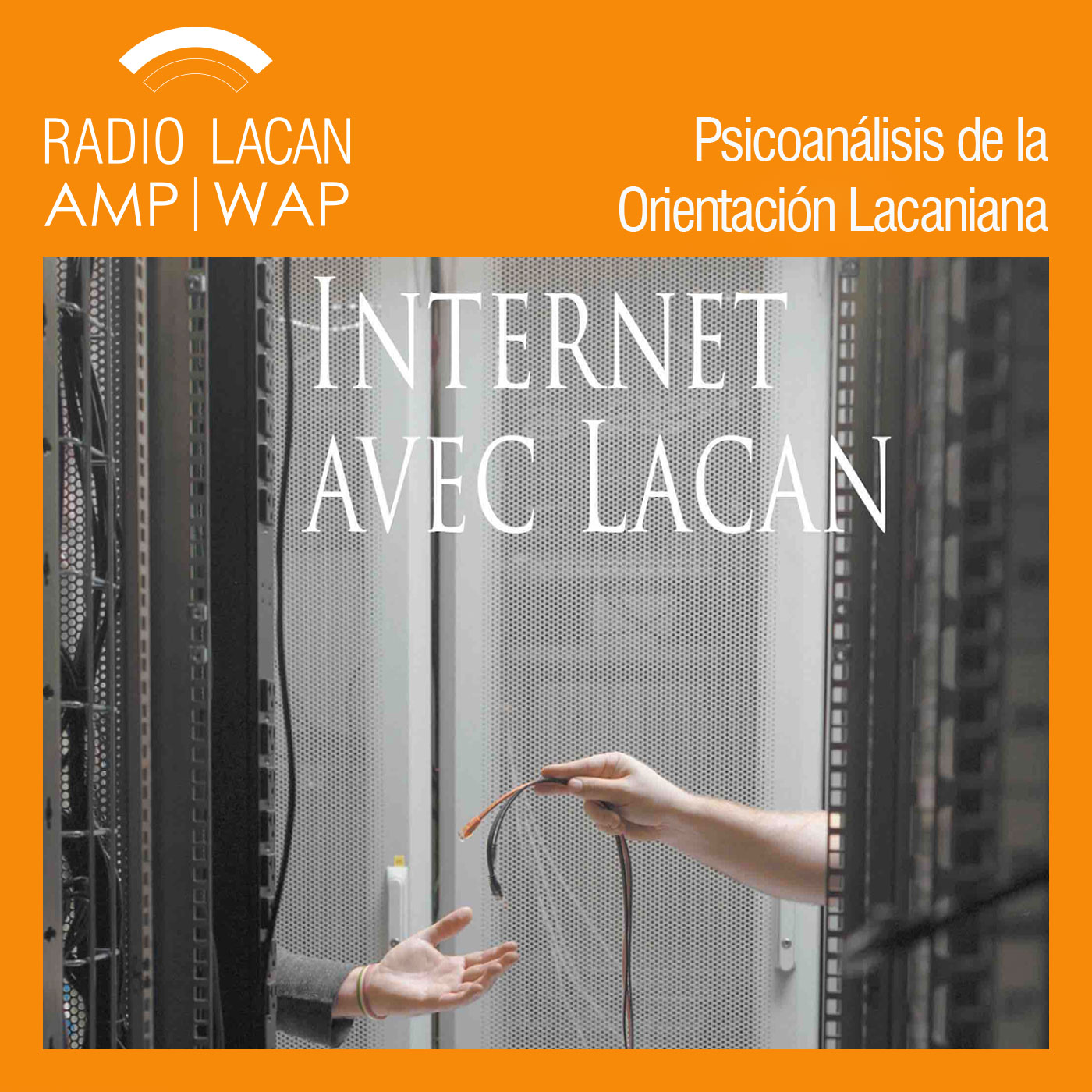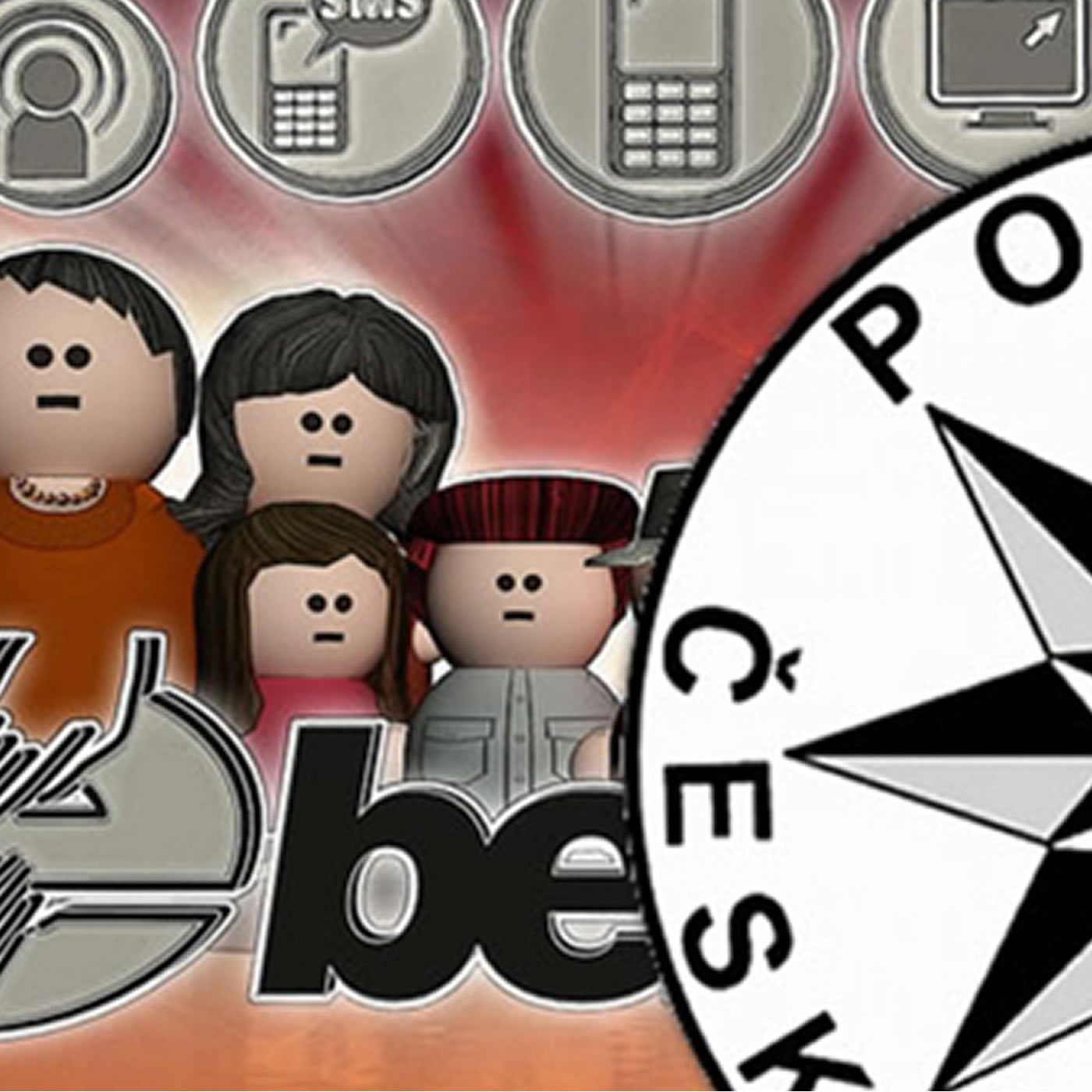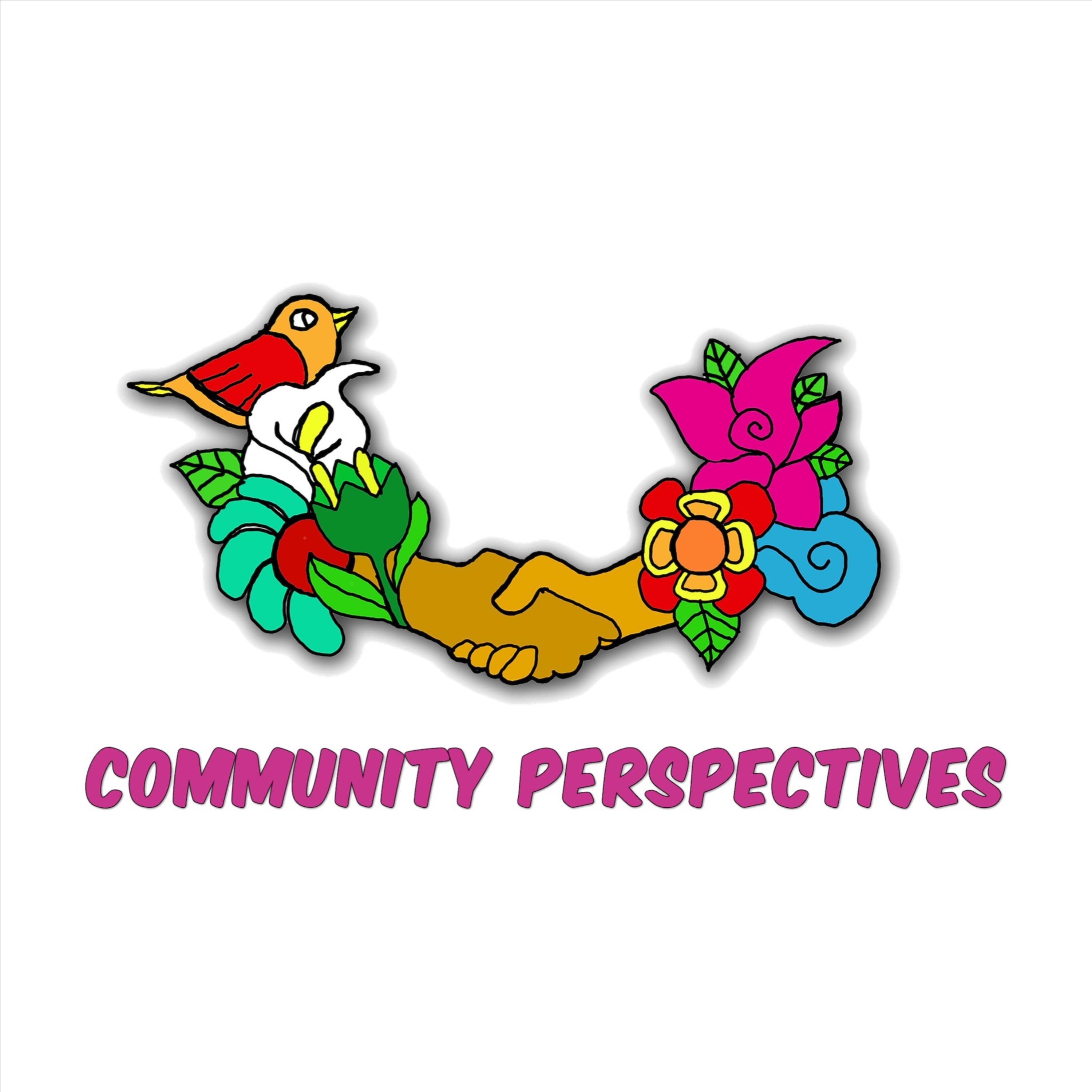 |
Justice VisionsAuthor: Human Rights Centre - UGent
The Justice Visions podcast is hosted by the Human Rights Centre of Ghent University. The podcast showcases cutting-edge research and practice regarding victim participation in transitional justice. Language: en Genres: Science, Social Sciences Contact email: Get it Feed URL: Get it iTunes ID: Get it |
Listen Now...
Grassroots documentation and archiving practices in Guatemala
Tuesday, 4 November, 2025
In this new episode of our mini-series on documentation and archiving, co-hosts Kim Baudewijns and Gretel Mejía Bonifazi explore how community actors in Guatemala are reimagining archiving and documentation practices today. Guatemala is known for its longstanding civil society efforts in truth-seeking,accountability, reparations, and memory. Yet, as our guests show, these practices are not static: they transform as new generations continue mobilizing and draw on documentation and archives in new ways. We speak with Paulo Estrada, president of the Association of Family Members of the Detained and Disappeared (FAMDEGUA), and Miriam de Paz, member of the Historical Memory Consortium of the Ixil region and long-time advocate working with Ixil survivors and affected communities. Both guests emphasize that documentation and archives do more than preserve facts, they sustain identity, culture, andintergenerational knowledge. Miriam highlights how community initiatives link archiving with cultural survival: “These practices, in one way or another, continue in the spaces of the victims’ organizations that remain committed to rescuing cultural heritage and ancestral knowledge, while also seeking strategies to make the truth visible and to disseminate it.”While documentation has been essential for truth-seeking and legal accountability, Paulo explains that new generations are expanding the notion of what should be documented, and consequently, archived. Beyond documents and case files, they are beginning to safeguard cultural dimensions of memory, the memories transmitted through food, dreams and everyday practices. “We are now in a generation that can begin this process of documenting the immaterial within reconstruction, within memory, within justice, within truth… practiceslike cooking for the searchers (personas buscadoras) became an exercise of memory. These intangible forms also tell our history.”Both Miriam and Paulo also highlight the risks that accompany contemporary archival and documentation work in Guatemala, including surveillance, threats, and criminalization. Despite the risks, in the Ixil region, community members are building a museum that will preserve historical documents but also safeguard ancestral knowledge, such as weaving, gastronomy,and language. FAMDEGUA, meanwhile, develops intergenerational memory exercises through art and pedagogical initiatives that invite young people to engage with archives through new approaches. Miriam Gloria de Paz Brito Miriam is a Maya Ixil woman with a long trajectory working and accompanying survivors and relatives in exhumation and reparation processes. Miriam is a member of the Historical Memory Consortium in the Ixil Region, a collective of grassroots organizations mobilizing to create a Museum of Historical Memory.Paulo René Estrada VelásquezPaulo is the President of the Association of Relatives of the Detained-Disappeared of Guatemala - FAMDEGUA - and is also a member of victims' organizations in Mexico and Canada. He has conducted searches for victims of enforced disappearance and advised on cases of serious human rights violations in Guatemala, El Salvador, Mexico, Canada, and Argentina. He is a co-founder of the judicial observatory “Verdad y Justicia” which monitors and analyzes cases of transitional justice and criminalization in Guatemala.We would like to thank Arnaud Thaler and Sarah Kerremans for their voiceover work.












